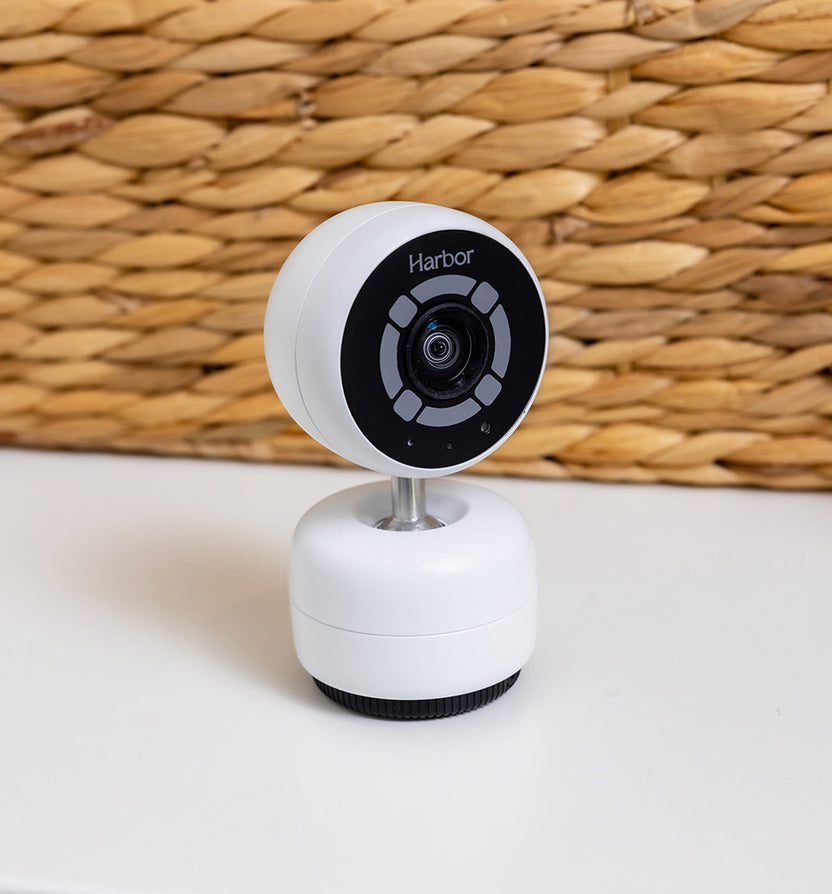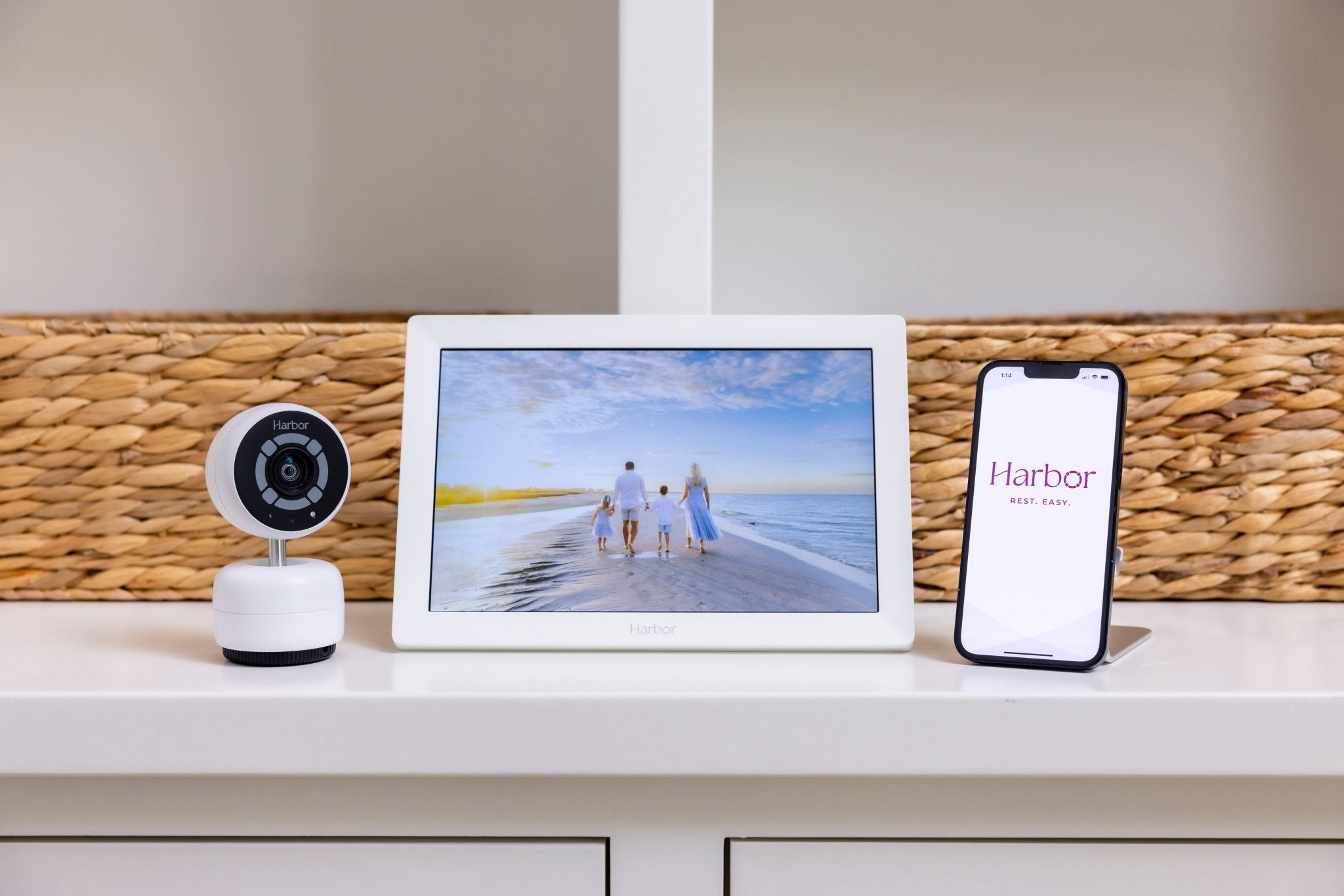
Written by: Dr. Sunita Osborn
Let me set the scene: You’ve been up since 5am and it feels like you’ve lived a full day of activities, from finger painting to playing with blocks, negotiating the clean-up of said finger painting and blocks, making breakfast, rewarming the same cup of coffee for the third time… You task your partner with watching the kiddo while you go upstairs to shower, but moments later you hear the stomps of your child coming up the stairs while your partner yells for them to come down. Your internal alarm starts blaring—WARNING, WARNING, WARNING.
You’ve entered into parental overstimulation. While not a clinically established term, it’s commonly used in parenting and perinatal health circles, and certainly in my own psychotherapy work with clients.
Parental overstimulation refers to the mental, emotional, and physical overwhelm from excessive sensory stimuli, stressors, and demands. It can occur when a parent is bombarded with noise, constant interaction, multi-tasking, and decision-making, especially with little time for rest and regulation.
While parental overstimulation is a given when it comes to parenting, it’s important to understand its roots, how to recognize it, and how to bounce back from it…
What causes parental overstimulation?
-
The non-stop nature of parenting: The continuous hours of caregiving, sensory stimulation, and lack of time to self-regulate can lead to feelings of overwhelm.
-
Sleep deprivation: Interrupted sleep and frequent, unpredictable wake-ups strain an already-exhausted system.
-
Postpartum hormonal shifts: Hormonal shifts in pregnancy and postpartum, like drops in estrogen, surges in cortisol, and increased oxytocin, can decrease stress tolerance, making parents more sensitive to noise, touch, and competing demands.
-
Social expectations: With any challenge a parent experiences, there is often a firmly held belief that they shouldn’t feel this way—that there is something wrong with them for feeling overwhelmed and not loving every moment of parenthood.
It’s also important to understand the relationship between parenting and neurodivergence and perinatal mood and anxiety disorders. Each person has a different tolerance for stimulation and experiences overstimulation differently. Understanding the factors that contribute to your feelings of overstimulation and what overstimulation looks like for you can be incredibly helpful.
What does chronic parental overstimulation look like?
From tantrums in crowded restaurants to feeding one baby on your chest while another screams for your attention and the microwave beeps in the background, the chaos is (for better or for worse) part of the ride. But chronic overstimulation can leave parents feeling burnt out and unable to care for themselves, let alone their baby.
Here are some signs to watch out for…
-
Irritability: You might feel like you have a short fuse and are increasingly reactive, irritable, and snappy toward seemingly minor stressors.
-
Sensory overload: You might be easily overwhelmed by noise, touch, and visual clutter, like a messy home.
-
Emotional exhaustion: You might feel drained, detached, and numb despite wanting to be present and connected to others.
-
Wanting to scroll: You might feel the urge to scroll through social media or watch bad TV for hours on end because your brain needs a break.
-
Avoidance or shutting down: Seeking isolation, zoning out, or feeling emotionally distant all fall under the umbrella of hypoarousal.
-
Feeling on edge: A constant sense of being overwhelmed, overstimulated, or tense meets the criteria of hyperarousal.
When we consider the impact of chronic parental overstimulation, it can be helpful to understand your window of tolerance. A window of tolerance refers to the physiological and emotional comfort zone where the nervous system functions best, allowing for clear thinking, emotional regulation, and adaptive responses. It’s normal for this comfort zone to shrink during parenthood because of the stressors associated with parenting. It can also be helpful to spend some time outside of this window of tolerance, inviting growth and change. At the same time, we want to be intentional with those challenges, maintaining a sense of control.
Increasing your awareness of your window of tolerance can be one of the most effective ways to manage parental overstimulation, as it allows you to do what you can to stay within that window.
What you can do about parental overstimulation
-
Understand your warning signals: Similar to noticing when you are hungry, understanding your unique warning signs allows you to recognize when you need a break.
-
Learn what helps you regulate: Each coping skill is not universally helpful. Take the time to experiment and learn which coping skills work for you in different environments. For example, going for a walk may be exactly what you need when you start to feel overwhelmed, but that’s not always possible when you are in the middle of baby’s bedtime routine!
-
Create a sensory nutrition plan: Just like a nutritional plan considers all of your nutritional needs, a sensory nutrition plan considers your daily sensory needs. For example, my sensory nutrition plan includes a certain amount of movement, sunshine, and time alone.
-
Tune in to your non-negotiables: While it may not always be possible to access all of your coping skills or get to all the items on your sensory nutrition plan, consider your non-negotiables and share these with your support squad. For example, I can handle the 5am wake-up and everything that comes up after it, but my solo shower afterward is a must-have to give me the energy I need to stay regulated throughout the day.
Most importantly, know that you are not alone in experiencing parental overstimulation. The chaos, noise, mess, and constant touch are all part of the parenting package, but that doesn’t mean you can’t do anything about it.
If you’re so overstimulated that you feel constantly overwhelmed or not like yourself, advocate for your needs and ask for help. Know that there are hundreds of moms—myself included—navigating the same challenges, defending solo showers as if their entire being depends on it (because sometimes, it does).
Note: The information provided on the site is for educational purposes only and does not substitute for professional medical advice.
If you need immediate support, please consider reaching out to a crisis counselor by texting HOME to 741741 at any time. For perinatal support, if you're not in crisis but feeling overwhelmed, you can contact the PSI helpline at 800.944.4773 for assistance.




